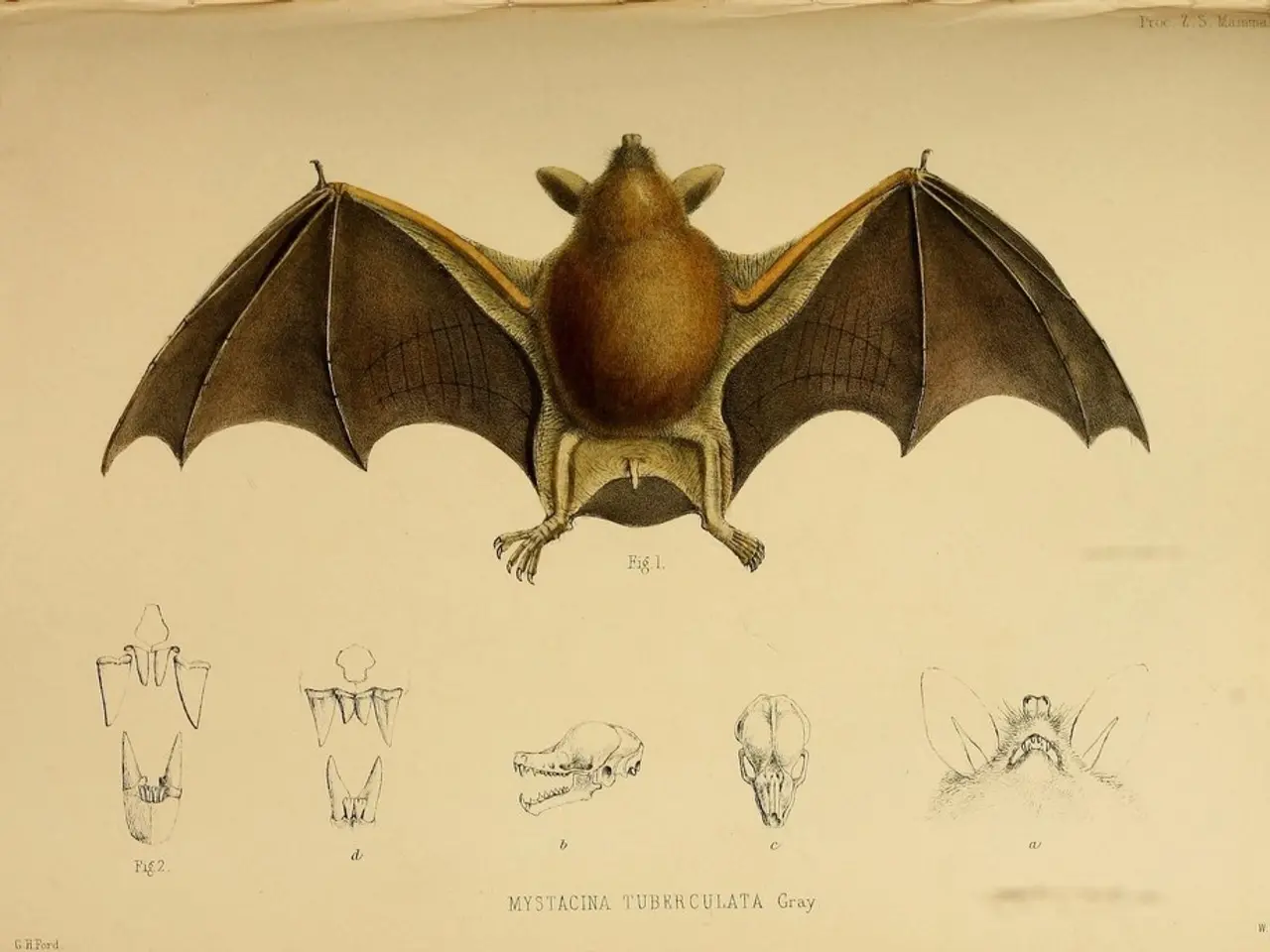Moving Towards a Recycling-Based Battery Economy in Australia
Australia Advances Battery Circular Economy with New Training Centre
Australia is making strides in advancing its battery circular economy, with the recent launch of the ARC Training Centre for Battery Recycling at The University of Adelaide. This new centre aims to build significant intergenerational knowledge and skills transmission among researchers, foster the next generation of leaders in the battery recycling and circular economy sectors, and transform Australia's battery and resource industry for clean energy storage.
The ARC Training Centre for Battery Recycling is a response to Australia's increasing use of batteries and battery waste with the transition towards renewable energy systems and electric vehicles. The centre's activities contribute to the development of a battery circular economy by focusing on developing novel recycling methods, building advanced manufacturing capability for battery recycling, and improving the recovery of valuable materials from battery waste.
The centre's work is supported by the Australian Research Council (ARC) and has fostered strong national and international collaboration. The ARC investment has enabled the training and mentoring of 19 PhD students and 4 postdoctoral fellows, who will be embedded in industry-connect projects.
The projects undertaken by the centre will also assess environmental impacts, ensuring that the development of sustainable battery technologies aligns with the government's commitment to reducing environmental risk and creating a more sustainable Australian economy.
States such as Victoria and South Australia are actively investing in battery recycling infrastructure and safety campaigns. Victoria has allocated $1.7 million to enhance household battery recycling and has sponsored projects to develop lithium-ion battery processing facilities that can handle significant volumes annually, increasing the capacity to recover valuable materials. South Australia is addressing safety concerns related to lithium-ion battery fires with public awareness campaigns, reflecting growing attention to safe recycling practices.
On the technology front, breakthrough domestic manufacturing capabilities are emerging. For instance, Li-S Energy announced a significant advancement in producing lithium metal foils within Australia, which enhances prospects for a more complete battery manufacturing value chain and enables higher-value processing beyond raw mineral extraction. This aligns with national goals of developing advanced manufacturing and innovation ecosystems, positioning Australia for participation in the global battery market beyond raw material export.
The ARC Training Centre for Battery Recycling's work reflects the government's commitment to supporting a circular economy. The centre will establish industry-based collaborative research partnerships, working towards the goal of transforming Australia's battery and resource industry for clean energy storage. The centre's projects will play a key role in developing sustainable recycling technologies, processes, and skills critical to Australia's battery future.
The launch of this Training Centre is timely, as Australia's battery circular economy is advancing through increased industry collaboration and government support aimed at integrating battery recycling into the clean energy transition. The Australian Battery Recycling Industry (ABRI) recently hosted the 2025 Australian Battery Recycling & Manufacturing Summit, emphasizing the need for a nationally coordinated approach and strong policy to support battery recycling as a clean tech priority, which is seen as essential for achieving net zero and building sovereign manufacturing capability.
In summary, the ARC Training Centre for Battery Recycling is a significant step forward in Australia's clean energy transition. By fostering collaboration, developing novel recycling methods, and building advanced manufacturing capability, the centre is helping to transform Australia's battery and resource industry for clean energy storage. The centre's work, combined with the efforts of state governments and domestic manufacturers, is positioning Australia for a more sustainable and circular battery economy.
References:
[1] Australian Battery Recycling Industry (ABRI). (2025). 2025 Australian Battery Recycling & Manufacturing Summit. Retrieved from https://www.abri.org.au/events/2025-australian-battery-recycling-manufacturing-summit/
[2] The University of Adelaide. (2025). ARC Training Centre for Battery Recycling Launched. Retrieved from https://www.adelaide.edu.au/news/latest_news/2025/arc_training_centre_for_battery_recycling_launched/
[3] Victorian Government. (2025). Battery Recycling Infrastructure Fund. Retrieved from https://www.vic.gov.au/integrated-energy-systems/battery-recycling-infrastructure-fund
[4] Li-S Energy. (2025). Lithium Metal Foil Manufacturing in Australia. Retrieved from https://www.li-senergy.com/news/lithium-metal-foil-manufacturing-in-australia/
- In the midst of transforming Australia's battery and resource industry for clean energy storage, the ARC Training Centre for Battery Recycling is also focusing on technology advancements, seeking to develop novel recycling methods and build advanced manufacturing capability for battery recycling, potentially influencing the future of finance and business in the environmental-science and technology sectors.
- As part of the government's commitment to reducing environmental risk and creating a more sustainable Australian economy, the ARC Training Centre for Battery Recycling's projects will assess environmental impacts and ensure that the development of sustainable battery technologies aligns with both clean energy storage goals and the principles of technology and environmental-science-driven business.




